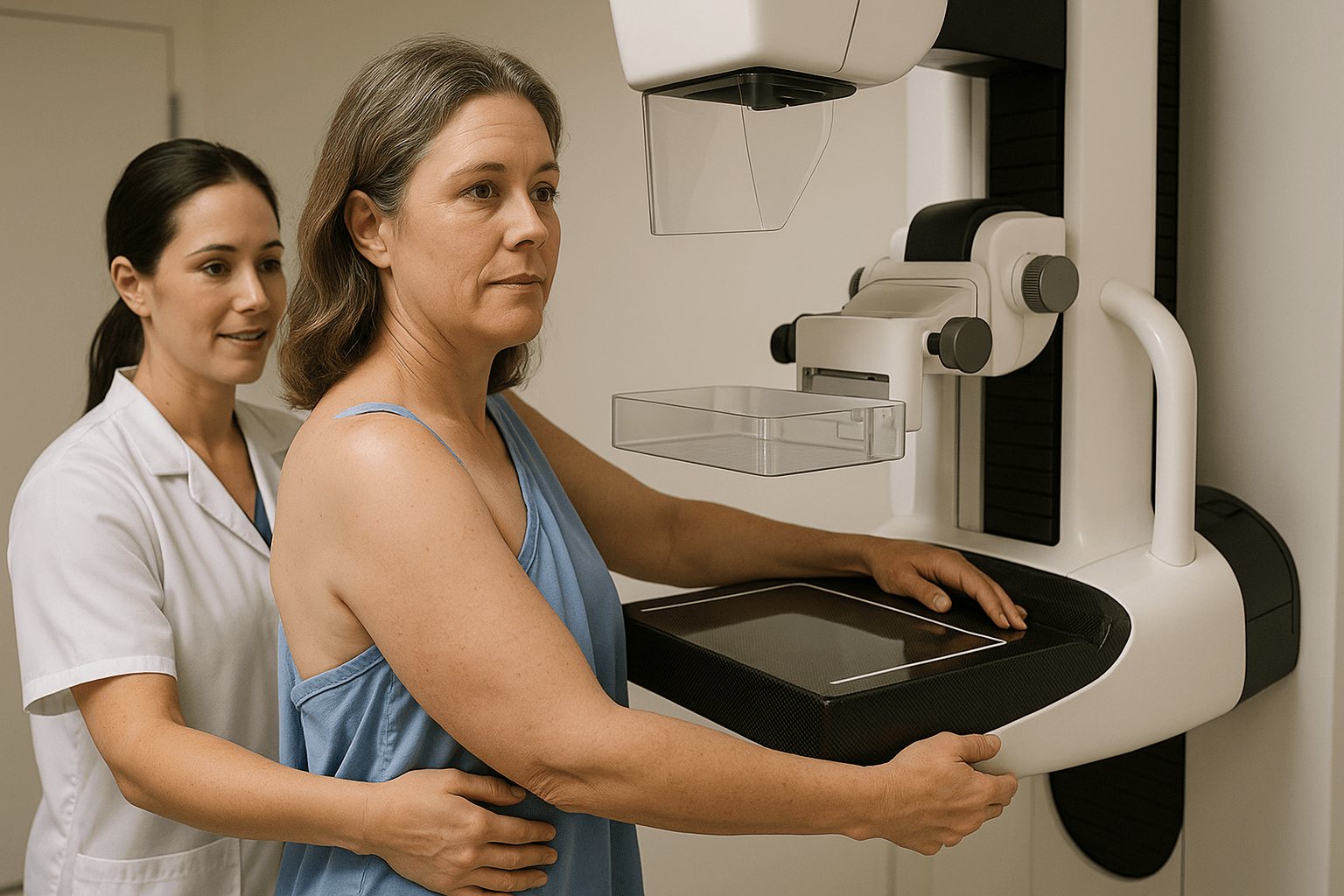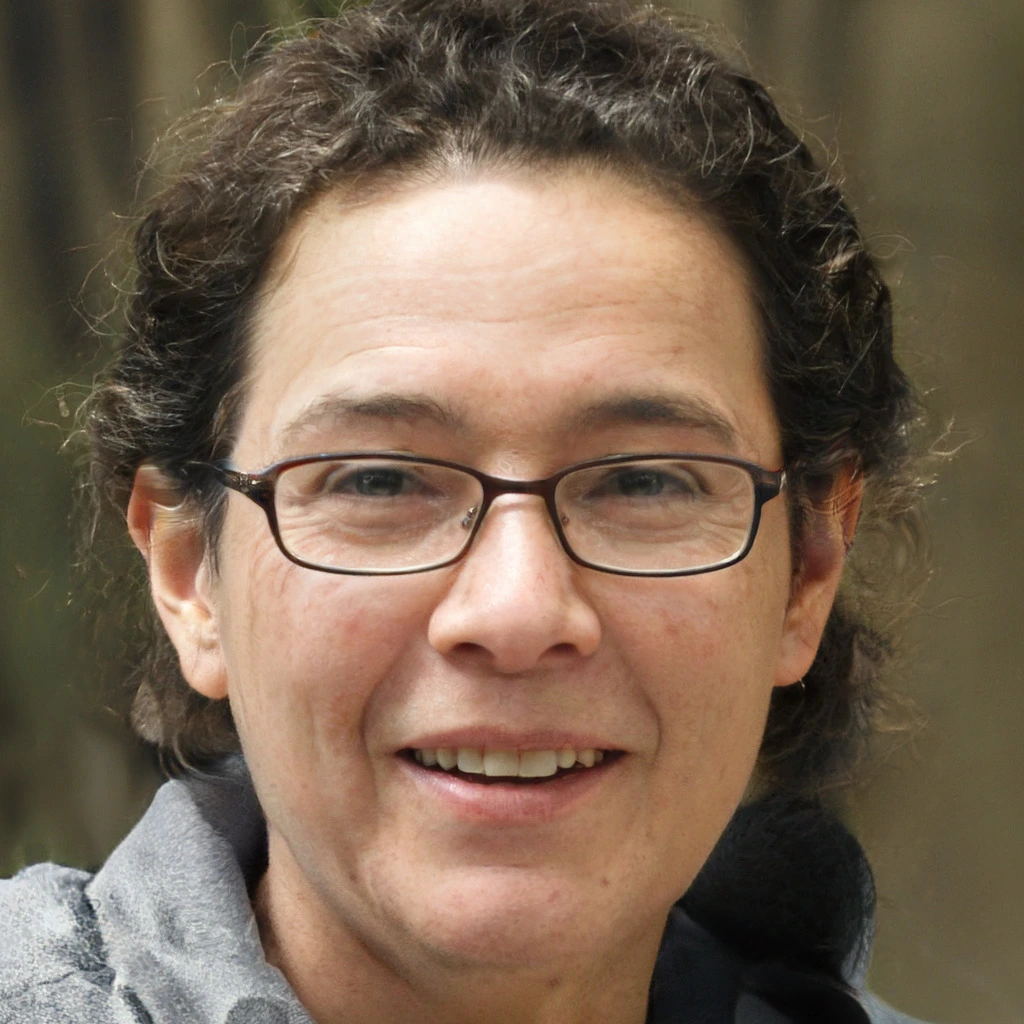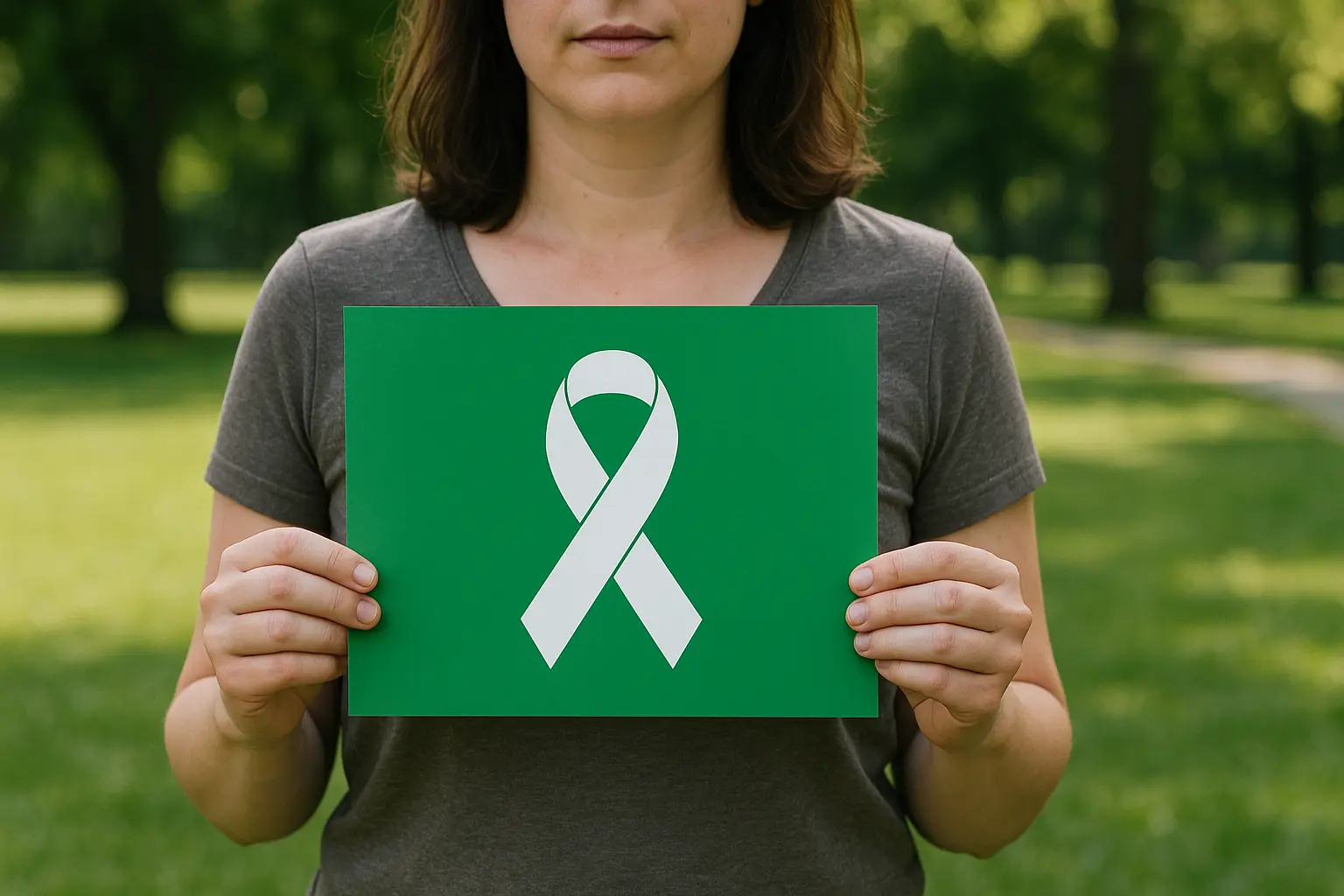Cancer screening provides for the detection of a life-threatening disorder before it manifests any symptoms, at a time when it is treatable or perhaps curable. Still, numerous people end up postponing or not going for screening, and this may stem from misbeliefs or sheer ignorance. It is now, in the year 2025, so important that people be aware of regular cancer screenings, what with the advancements in medical technology and changes in the guidelines.
Why Should We Even Screen for Cancer?
Early Detection Saves Lives
- Screening is testing for cases that occur before symptoms of cancer show into being. Diagnosing a cancer at the early stage, therefore, greatly increases treatment possibilities and chances of the patient surviving; for example, the localized breast cancer has a five-year survival rate of 99% if diagnosed early.
Mortality Reduction
- Due to screening for some cancers, periodic screenings have also reduced mortality rates. For instance, cervical and colon cancer incidences have decreased by about 55 and 45%, respectively, over the past several decades major reason being routine screening
Why Screen for Cancer?
- Early Detection: Detects any form of cancer before symptoms appear for easier and more effective treatment.
- Prevention: Some screenings can detect precancerous conditions, which can then be treated to prevent the development of cancer.
- Reassurance: Provides reassurance to persons if regularly screened for health status.
- Cost-Effective: Treating cancer at an early stage is often less expensive than treating advanced cancer
Step-by-Step Guide to Cancer Screening
1. Know Your Risk Factors
Things like age, family history, lifestyle, and genetic predispositions affect one’s chances of getting cancer. Talk about these with your healthcare provider to agree on the appropriate screening.
2. Follow Recommended Screening Guidelines
Abide by recommendations from the authoritative organizations:
- Breast Cancer: Women should get a mammogram every two years between 40 and 74.
- Cervical Cancer: Women should get a Pap smear every three years between the ages of 21 and 65 or a combination of Pap smear and HPV test every five years.
- Colorectal Cancer: Adults aged 45 to 75 should have regular screening, such as a colonoscopy every 10 years or stool-based tests every year.
- Lung Cancer: Adults aged 50 to 80 with a 20-pack-year history of smoking should undergo annual low-dose CT screenings.
- Prostate Cancer: Men aged 55 to 69 should discuss PSA testing with their primary care provider and make an informed choice.
3. Book Screenings
Set up reminders for all screenings and be sure to keep your appointments. Consistency is key. Early detection, after all, depends on it.
Real-World Example: Life was Saved by Screening
At the age of 39, Katie Wilke from Queensland was a mother who had no symptoms or family history of the disease. However, a screening test for her cousin’s diagnosis found that she had three precancerous polyps, and the removal of those polyps probably saved her life.
Actionable Tips and Advice
- Stay Informed: Read the latest guidelines and recommendations for screening.
- Communicate with Healthcare Providers: Discuss your risk factors and concerns with your doctor.
- Encourage Loved Ones to Get Screened: Raise awareness and motivate family and friends to get screened.
- Utilize Available Resources: Use free or low-cost screenings offered by your community health programs.
Common Mistakes to Avoid
- Assuming that no symptoms means no risk: Many cancers have no symptoms in their early stages.
- Avoiding screenings because of fear or discomfort: Today, screening procedures are designed with whatever comfort they can offer.
- Failing to follow up after a screening: If a screening indicates that something might be wrong, it is important to act fast and do a good follow-up.
Future Trends in Cancer Screening
Multi-Cancer Early Detection Tests
Blood-based tests are being improved to detect multiple cancers at the same time and, possibly one day, identify cancers for which standard methods of screening do not exist today.
Personalized Screening Strategies
There must be more research on adapting screening rhythms concerning individual risk factors to enable better screening outcomes and the reduction of unnecessary screening procedures.
Conclusion: Take Charge of Your Health
Regular cancer screenings are a proactive step toward maintaining your health. By staying informed and adhering to recommended guidelines, you increase your chances of early detection and successful treatment. Don’t wait for symptoms to appear—schedule your screenings today and encourage others to do the same.




